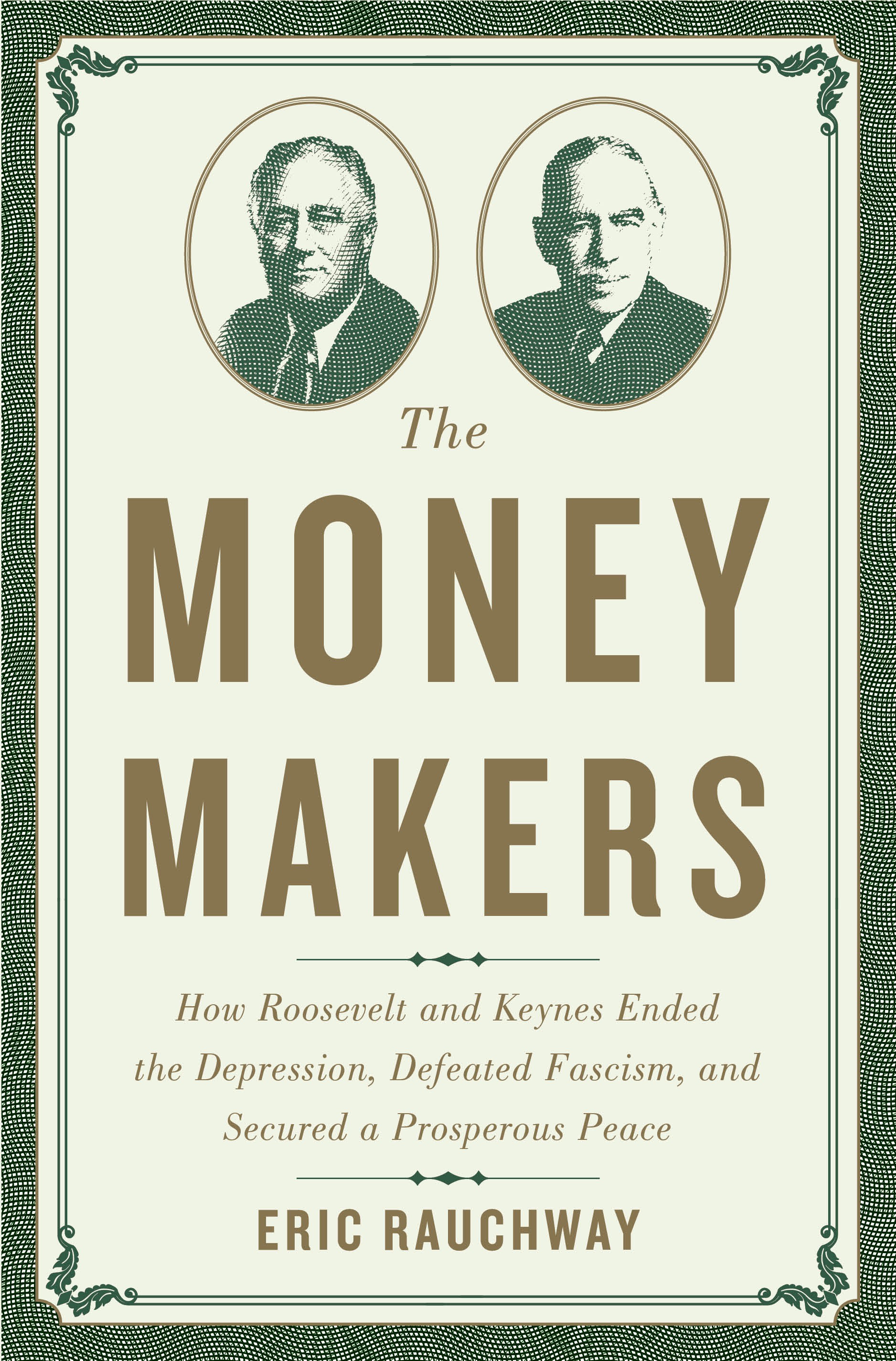by Eric on March 10, 2015
On this day in 1933, it was the first Friday of Franklin Roosevelt’s administration, and the new president met reporters to talk to them about ending the bank holiday with which he had begun his term. The Federal Reserve Banks would open on Saturday so that member banks of the Federal Reserve System could open on Monday. A reporter asked if the banks would be open “[a]ll along the line, Mr. President; that is, all functions?” Roosevelt replied, “Yes, all functions. Except, of course, as to gold. That is a different thing. I am keeping my finger on gold.”
The president’s week had started with his inauguration on March 4, the previous Saturday, when he had told the American people they had only fear itself to fear, and promised them an “adequate but sound currency.” The next day Roosevelt worked all through the day with members of his team and holdovers from Herbert Hoover’s to draft orders to close the banks and halt all payouts of gold. They worked so hard that Sunday that it was late by the time the order was ready for presidential signature – so late that Federal Reserve counsel Walter Wyatt urged the president to wait a little longer to sign, so that it would be Monday, and not so sacrilegious. Roosevelt did wait, and then, on signing the order said – gleefully, according to one account – “We are now off the gold standard.” That was in the wee hours of March 6; later that morning, Americans began a week of doing business without access to banks.
[click to continue…]
by Ronald Beiner on March 10, 2015
Aleksandr Dugin has come to public attention as “Putin’s Brain,” as Foreign Affairs memorably dubbed him – that is, as the ideological mastermind behind Russia’s moves towards reasserting imperial ambitions, notably with respect to Ukraine. Is this accurate, or is it just media hype? The truth is that it’s extremely difficult to judge with confidence exactly to what extent Vladimir Putin’s more aggressive policies towards, for instance, Ukraine reflect Dugin’s influence (or supposed influence) as an omnipresent publicist and behind-the-curtain advisor to aspiring czars. (The suspicion easily arises that Putin uses Dugin – lets him rant on state TV – without himself buying into the crazy worldview.) But whether Dugin really is influencing Russian policy or is simply the object of excessive hype, either way intellectuals as well as ordinary citizens in the West need to be aware of him, lest they be taken in by his pretensions as a theorist and his claimed interest in civilizational dialogue and pluralism, which functions as a rhetorical cloak. Either way, he’s dangerous.
[click to continue…]
by Maria on March 10, 2015
The UK’s Foreign Secretary, Philip Hammond, made a speech this morning at RUSI, the main military-focused think tank in the UK. That’s the same Foreign Secretary who when at the Ministry of Defense decided to can one fifth of the army, speaking at the same think tank that put out a report yesterday saying Hammond’s government will cut about 43,000 more soldiers – from an army of less than 100,000 – if it’s re-elected. That’s the Foreign Secretary presiding over an FCO whose Russia experts have been let go and scattered to the four winds of oil companies, think tanks and academia, because God knows the UK doesn’t need that kind of expertise. That’s the same Foreign Secretary who can barely spell Brussels, let alone bear to go there, and who is quite satisfied leading the foreign service of a country that increasingly distrusts and fears all things foreign. That one.
Hammond’s speech is easy to summarise: Russia is very mean and bad; ok fair enough, we didn’t foresee ISIS; but if only people would stop all this pointless bleating about the security services’ oversight and transparency, we could get on with our job of protecting the people of Britain. How strong. How plausible. How brave.
It’s only at the level of detail, or rather its self-serving and specious claims, that Hammond’s speech breaks down.
What Hammond says: ‘We said we would legislate to ensure that cases involving national security information could be heard fairly, fully and safely in our courts. And we did.’
What the government did: further entrenched secret courts and a parallel justice system where evidence against individuals cannot be seen by them or their lawyers, destroying the principle and practice of fair trial.
What Hammond says: ‘We said we would strengthen independent and parliamentary scrutiny of the agencies. And we have by making the Intelligence and Security Committee a statutory committee of Parliament.’
What the government did: Make Parliament’s Intelligence and Security Committee a statutory committee. Whoopee. Anyone who thinks the ISC provides effective oversight should watch some video of its fawning audiences security service leaders or examine the politicised timeline and gutless redactions of its report on the murder of the soldier Lee Rigby. Failing that, examine the record of career securocrat Malcolm Rifkind, its Chair who just resigned for peddling access to the Chinese. [click to continue…]
by John Holbo on March 10, 2015
I haven’t been posting, so I figure I should show my work – that is, establish that I’ve been toiling on some sort of important intellectual project behind the scenes.
So here’s the thing. I always figured Jack Kirby just made up ‘weirdies’ – like he invented most things that matter to us today: [click to continue…]
